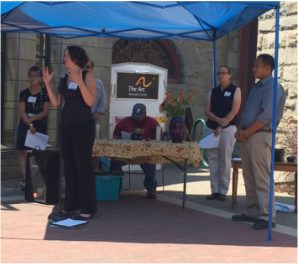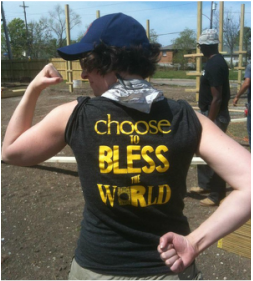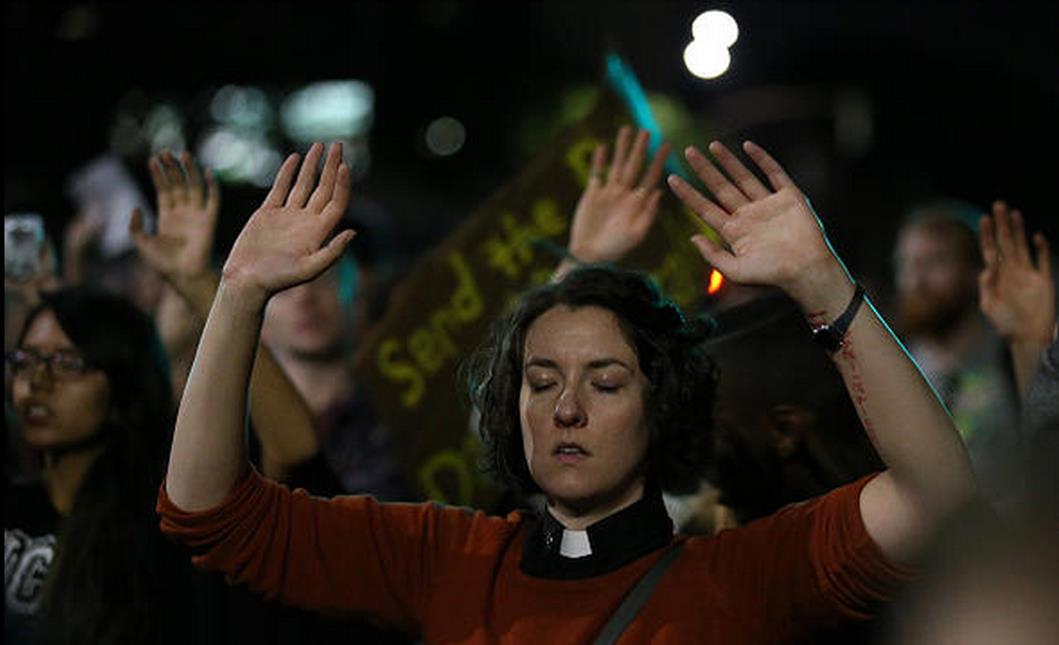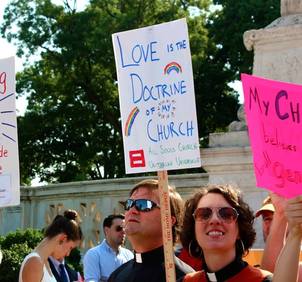Justice
“Always the quest for justice draws one deeply into the heart of God”
- Barbara A. Holmes
Justice work in our congregations takes place in four main ways:
Systemic Organizational Change, Direct Service, Public Witness & Direct Action, and Political & Legal Action.
Most congregational justice work requires effective organizing within congregational walls, and the building of interfaith, community, and issue-focused coalitions with those outside our congregations. Ministers must be prophetic leaders of their congregations, but more than anything else, ministers must be organizers, leadership developers, and bridge-builders.
Systemic Organizational Change, Direct Service, Public Witness & Direct Action, and Political & Legal Action.
Most congregational justice work requires effective organizing within congregational walls, and the building of interfaith, community, and issue-focused coalitions with those outside our congregations. Ministers must be prophetic leaders of their congregations, but more than anything else, ministers must be organizers, leadership developers, and bridge-builders.
Systemic Organizational ChangeCongregations are systems that are simultaneously slow to change and incredibly radical in the vision they put forth into the world. Justice as organizational change work takes the form of institutional anti-oppression evaluations, priority-setting exercises, the re-tooling of governance and staff structures, and even egalitarian stewardship campaigns. As a systems-thinker, admitted organizational development geek, and committed justice advocate, this is the area of justice work in which I have engaged deepest. I have led justice-focused organizational change efforts in a large number of settings, including the Unitarian Universalist Association Board of Trustees, Staff, and Ministerial Fellowship Committee, and Starr King School for the ministry.
|
Direct ServiceWe have the opportunity to alleviate suffering and affect injustice directly through service work – offering soup kitchens and food pantries, participating in projects like habitat for humanity, running toy or mitten drives. Through not always impacting the root cause of injustice, these efforts help us to build relationships within our congregations and in our communities; relationships that transform our lives and world, while easing suffering in our human family.
|
Public Witness & Direct ActionAs religious people, we are story-tellers and meaning-makers; people who communicate in symbol and metaphor. Public Witness and Direct Action utilize these tools to “stand on the side of love” so that our stories, symbols, and metaphors influence public opinion. More than this, however, we engage in spiritual practice when we engage in public witness – renewing our commitment to our beliefs and values as we put our bodies into the world as symbols of love. As conservative religious groups have dominated the public dialogue in recent years, we have a particular calling to share our progressive religious values with the world.
|
Political & Legal ActionAs we’ve seen with the Marriage Equality battle, religious organizing on behalf of political or legal change can dramatically tear down injustice in our world. But political and legal action on a smaller scale can also make a difference – affecting city spending decisions and land-use regulations, prison expansions and public school policies. Though congregations cannot support political candidates, we can make a real and measurable difference in politics when we are well-organized.
|




